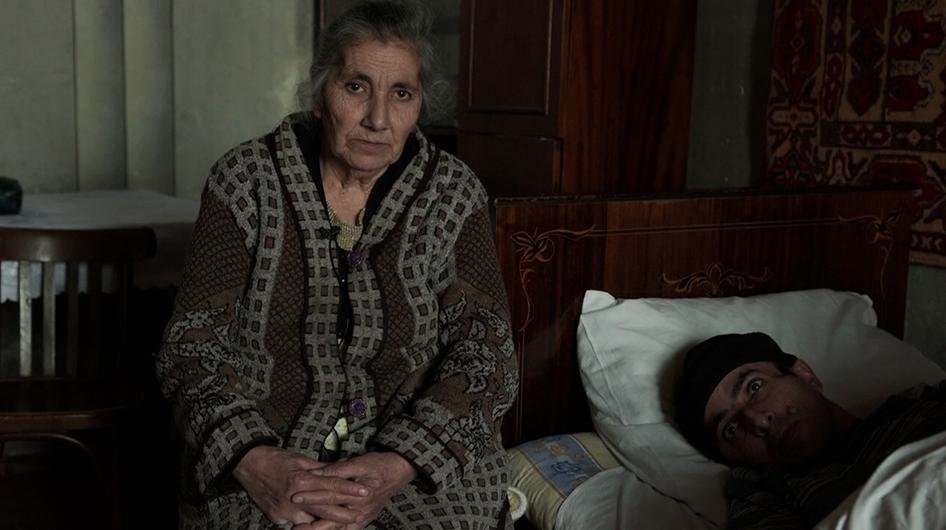Urgent Legal Changes Are Next Step to Get Treatment to Those in Need
By Giorgi Gogia
About 8,000 people die from cancer in Armenia every year, many spending their last days in excruciating pain.
But Armenia is taking an important step towards ending their suffering, and the government recently adopted a national strategy to introduce palliative care services, which focuses on treating pain and other physical symptoms, and provides psychosocial support for people with life-limiting illnesses. The strategy specifies reforms in policy, education, and medicines’ availability, and designates the responsible state institutions.

In July 2015, Human Rights Watch released a report showing the impact of untreated pain and lack of support services on the lives of cancer patients in Armenia. I interviewed many people who were dying – in horrible pain. Among them was Lyudmila, a 61-year-old kindergarten teacher. Her words were deeply personal:
“The pain attacks start unexpectedly and I start screaming and become a different person. … When it starts I can’t speak, I have pain attacks every night…. It’s inhumane pain, unbearable pain for a human being…”
Her experience was not an exception.
When curative treatment is no longer effective, patients with advanced cancer in Armenia are simply sent home. Abandoned by the health care system at arguably the most vulnerable time of their lives, people with life-limiting illnesses face pain, fear, and anguish without professional support. The support they need is palliative care.
Morphine, the mainstay medication for treating severe pain, is inexpensive and easy to administer, but fewer than 3 percent of those who need morphine in Armenia get it. That’s because the government has put in place nearly insurmountable bureaucratic barriers around the prescribing and dispensing of morphine.
The Armenian government has long recognized the need for palliative care, but regrettably it has taken officials over three years to develop and adopt the strategy and action plan.
The strategy recognizes the need to amend regulations restricting access to pain relief medications, and the government plans to review them in 2018. But thousands of cancer patients in Armenia have waited long enough.
Armenian authorities should urgently overhaul the regulations and promptly take the necessary steps to ensure that cancer patients can get the pain treatment they need – and to which they have the right.
Giorgi Gogia is Human Rights Watch’s South Caucasus Director, Europe, and Central Asia Division. This piece originally appeared on the Human Rights Watch website.



Be the first to comment